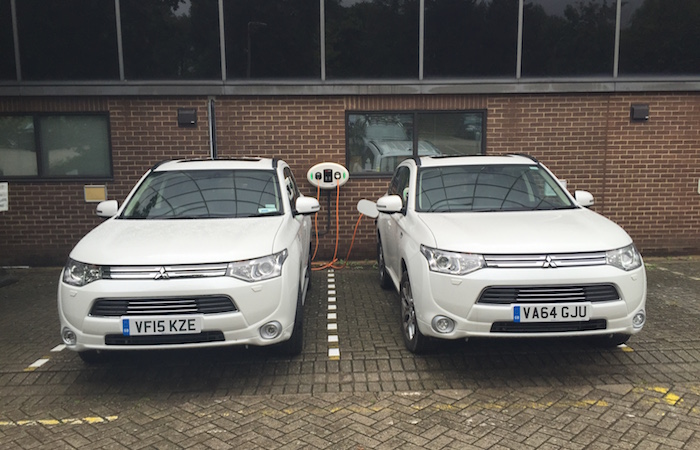
Almost 20% of electronics manufacturer Panasonic’s 170-strong UK company car fleet is made up of hybrid or electric vehicles (EVs), supplied through provider Alphabet on a contract hire or salary sacrifice basis.
Yet, while very much an evangelist for electric vehicles, Jason Plummer, senior manager at Panasonic, concedes electric is not going to suit all company car drivers.
“For a lot of people, it’s a question of taking a hybrid, either petrol or diesel, rather than a pure electric vehicle,” he says. “But [we] do need to recognise that an EV is definitely not right for everyone. We look at mileage profiles and, if someone is doing, say, 20,000 miles a year an electric vehicle, in reality, is not going to work; it’s going to be something [they’re] taking as just a tax break, not because it is having the least impact on the environment.”
Advances in technology will help to mitigate range anxiety in future, and the government’s investment in charging points will help, but it is only a start, says Plummer. “The charging infrastructure does have to get better, and the government does need to invest significantly more than it is,” he says.
“I also think the government should look at schemes or incentives that encourage employers to generate the energy to feed charging points themselves,” he adds.
Panasonic, for example, has a 50-kWh solar electric array on the roof of its head office in Bracknell, Berkshire, which means it can offer free electric vehicle charging.
When it comes to autonomous vehicles (AVs), these are likely to have a place in company car schemes of the future, although there is also likely to be a considerable transition period, says Plummer.
“[I] can see autonomous vehicles working in big cities. For example, I’ve spent five hours today driving in and out of London. But if there was, say, a big park and ride off the [motorway] from which you could get an autonomous vehicle into the city and continue working, I think that would be very attractive for a lot of people.
“But I don’t see autonomous vehicles becoming a replacement for everyday driving and everyday journeys, certainly at least not for the next 10 years, or even more.”